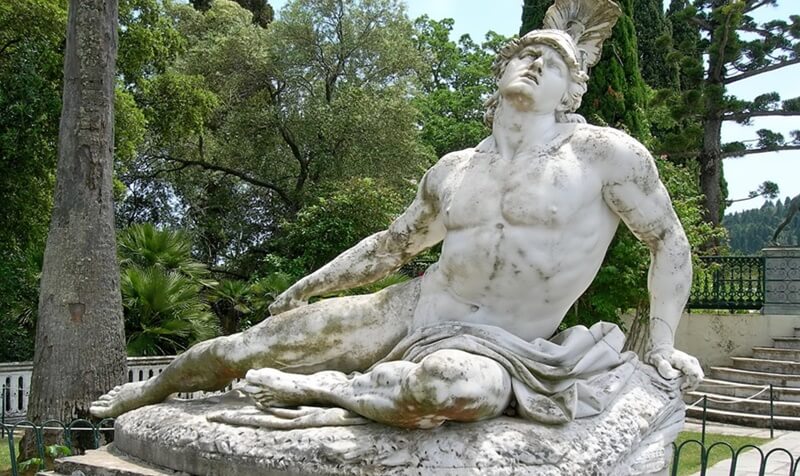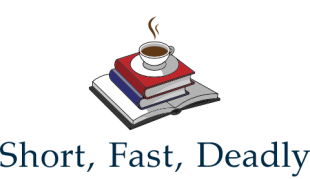These our favourite books of poetry that we recommend, particularly those new to poetry, or who have not yet tried a particular genre of poetry.
Epic Poetry – Homer: Iliyad
This genre is often defined as lengthy poems concerning events of a heroic or important nature to the culture of the time. Although attributed to Homer, The Iliad came from the oral tradition and authorship is questionable. The Iliad was part of a group of ancient poems known as the Epic Cycle that dealt with the history of the Trojan War and the events surrounding it.

Dramatic Poetry – Rumi’s Masnavi
Dramatic poetry is drama written in verse to be spoken or sung. The Masnavi is an extensive poem written by Rumi, a celebrated Persian Sufi poet. It is one of the best known and most influential works of Sufism and is a spiritual text that teaches Sufis how to reach their goal of being truly in love with God, through a poetic collection of anecdotes and stories.
Satirical poetry – Selected Poems by John Dryden
Dryden’s first important poem, Heroic Stanzas (1658), was a eulogy on Cromwell’s death. After the Restoration, as Dryden quickly established himself as the leading poet and literary critic of his day, he transferred his allegiances to the new government. Best known today as a satirist, Dryden’s two great original satires are Mac Flecknoe (1682) and The Medall (1682). As Poet Laureate, his poems were written for the nation rather than the self.
Narrative Poetry – Alfred, Lord Tennyson: Complete Poems
Narrative poetry is a genre of poetry that tells a story, shorter than an epic and one that usually appeals more to human interest. Hugely popular in his lifetime, particularly for his poem In Memoriam A.H.H., his poignant tribute to Arthur Hallam, published in the same year that he succeeded Wordsworth as Poet Laureate. Tennyson offered readers comfort with a convincing defence of Christianity during a time of progress and enlightenment. This work was usually created from real pain and self-questioning.
Lyric Poetry – John Donne: Complete Poems
Lyric poetry is not a story, but is writing of a more personal nature. Poems tend to be shorter, melodic, and contemplative. The poem depicts the poet’s own feelings, mood and perceptions. The 17th century metaphysical poet John Donne created new forms of lyricism that changed English poetry forever. His poetry reflects every stage of his personal development, from a raucous young man to the penitent John Donne who became Dean of St. Paul’s and the most celebrated preacher of his age.
Speculative poetry – The Complete Tales and Poems of Edgar Allan Poe
Speculative poetry is also known as fantastic poetry as in science fiction or horror fiction. Edgar Allan Poe has been called the father of speculative poetry, with his 1848 Big Bang theory of the universe’s origin. Poe’s brilliant command of language and technique as well as an inspired and original imagination had a significant influence on the French Symbolists of the late nineteenth century, who in turn altered the direction of modern literature.
Prose Poetry – Twenty Prose Poems: Charles Pierre Baudelaire
Prose poetry is a hybrid genre that could be called short stories. Prose poetry is commonly regarded as having originated in 19th-century France, where its practitioners included Charles Baudelaire among others. Baudelaire’s most famous work, Les Fleurs du mal (The Flowers of Evil), expresses the changing nature of beauty in Paris during the 19th century when industrialisation was having an impact. Baudelaire’s highly original style of prose-poetry influenced a generation of poets.
Light Poetry – Selected Poetry of Ogden Nash by Frederick Ogden Nash
Light poetry is poems that are amusing. They are usually short and generally include puns, alliteration and funny rhymes. Common forms include the limerick the clerihew and the double dactyl. Frederic Ogden Nash was an American poet wrote hundreds of light verse, with unconventional rhyming schemes. He was declared the country’s best-known producer of humorous poetry. Nash was respected by the literary establishment, and his poems were frequently anthologised even in serious collections.
Verse fable – Aesop’s Fables
The fable is an ancient literary genre often set in verse. It’s a short story with a moral lesson that features anthropomorphic animals, plants or forces of nature. Aesop’s Fables originated in ancient Greece, passed down in the oral tradition with stories continually added. When printing became possible, the collections of Aesop’s fables were among the earliest books. Originally aimed at adults the fables covered religious, social and political themes and became ethical guides for all ages.
Haiku – An Anthology of Japanese Poems by Stephen Addiss
This book takes haiku back to its Japanese roots, beginning with poems by the seventeenth- and eighteenth-century masters Basho, Busson, and Issa, through to the late twentieth century. The poems in this book remain faithful to the Japanese with an appreciation of the unique spirit so that the English versions evoke the joy and wonder of the originals with the same astonishing economy of language.
Pastoral poetry – Collected Poems of Christopher Marlowe
The pastoral tradition refers work that idealised rural life. One of the most famous love poems in English is Christopher Marlowe’s The Passionate Shepherd to His Love which describes the beauty of the landscape to court his love interest. The anthology of work brings together all of Marlowe’s work. This is an ideal source for anyone interested in renaissance poetry or who want to understand his work.
Elegy – John Milton: Paradise Lost
An elegy is a mournful, melancholy or plaintive poem, especially a poem of mourning or a funeral song. Published in 1667, the manuscript of Paradise Lost survived the Great Fire of London in which Milton’s father’s house was destroyed. In this story of the Fall of Man, Milton’s presents his version of the first book of the bible – Genesis. The effort required to write poetry of such beauty has been something that many have aspired to and few have equalled. Unquestionably, Paradise Lost is one of the most significant works in poetry.
